CAR : International Mediation: The Way Out
- Par Eldickson Agbortogo
- 11 Mar 2021 12:36
- 0 Likes
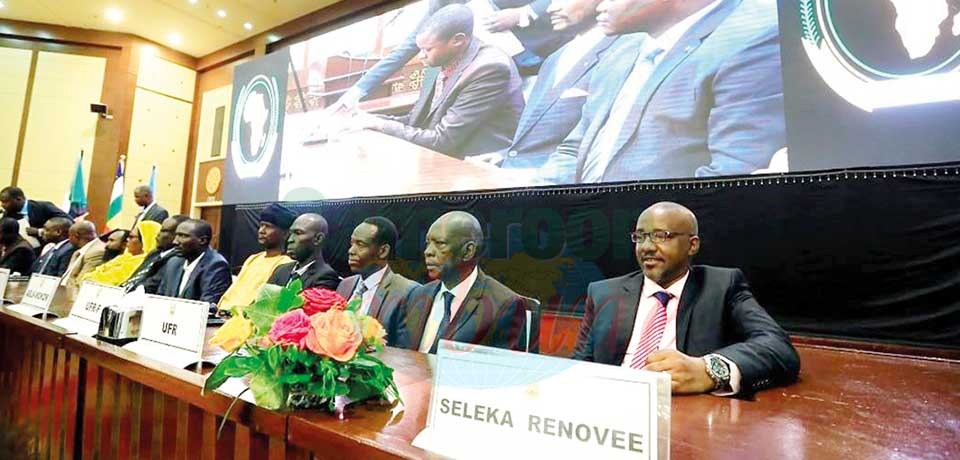
Since 2012, the Central African Republic (CAR) has been under a string of crisis. The outbreak of violence, initially political in nature, piloted by armed groups and government forces, quickly took a religious turn as Christians aligned themselves with Anti-Balaka forces, facing off against Muslims associated with the ex-Seleka. The successive coup d’états of 2013 and the massacres that followed led to an intervention by an international military presence, initially through the auspices of the African Union (AU), with the support of France, and in turn by the United Nations (UN).
These operations enabled the establishment of transitional governance institutions in January 2014. The transitional period from 2014 to 2016 allowed for a degree of calm, the establishment of an inclusive peace process and for national elections to be held in February 2016. The elections were considered to be transparent and conducted in a peaceful manner. Nevertheless, the transition did little to resolve underlying structural problems. The fragility of the state apparatus, which continues to struggle to impose its authority outside the capital Bangui; a lack of adequate infrastructure; rampant corruption and poverty; and porous borders, continue to threaten the stability of CAR. The coming to power of President Faustin Archange Touadera on March 30, 2016, has not changed much as rebels or armed groups still control three quarter of the country’s territory.
The incapacity of the peacekeepers to change the balance of power on the ground, the failure of the government to respond to the strong community tensions dividing the country and the competition between international mediation initiatives have further co...
Cet article complet est réservé aux abonnés
Déjà abonné ? Identifiez-vous >
Accédez en illimité à Cameroon Tribune Digital à partir de 26250 FCFA
Je M'abonne1 minute suffit pour vous abonner à Cameroon Tribune Digital !
- Votre numéro spécial cameroon-tribune en version numérique
- Des encarts
- Des appels d'offres exclusives
- D'avant-première (accès 24h avant la publication)
- Des éditions consultables sur tous supports (smartphone, tablettes, PC)






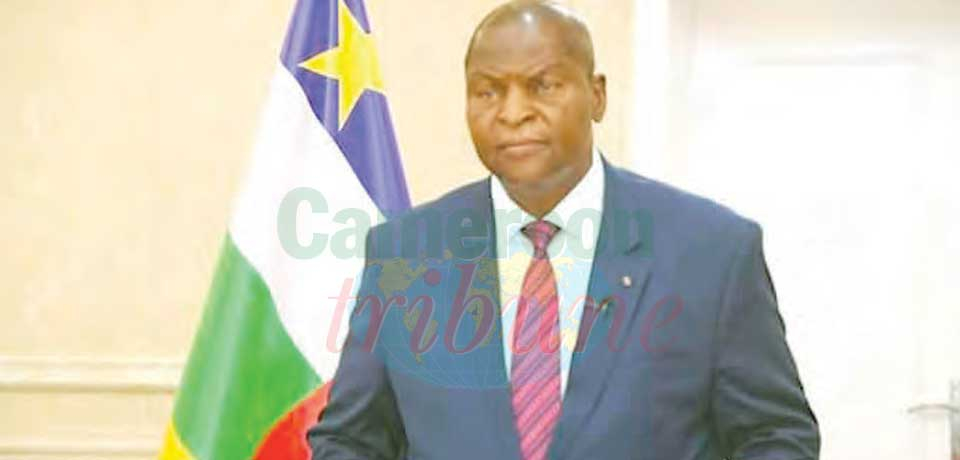
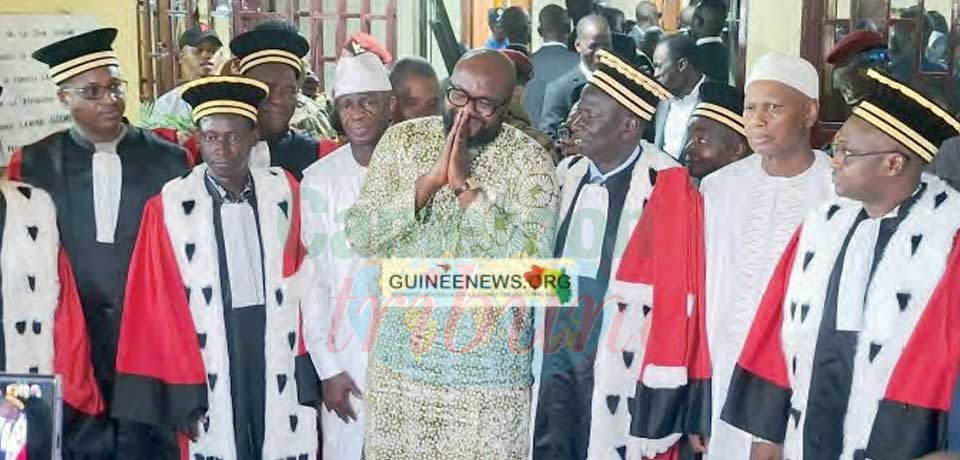
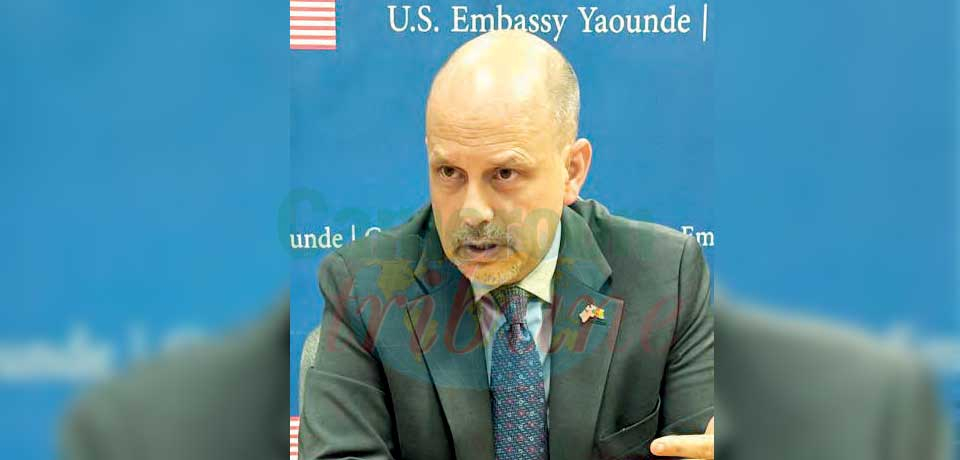
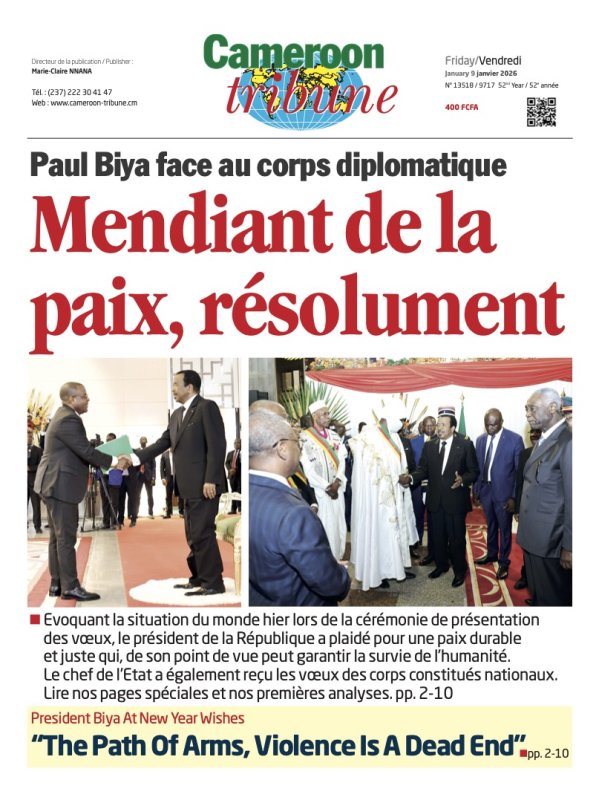




Commentaires